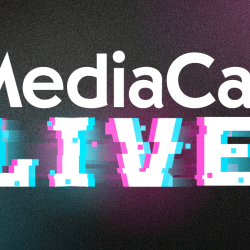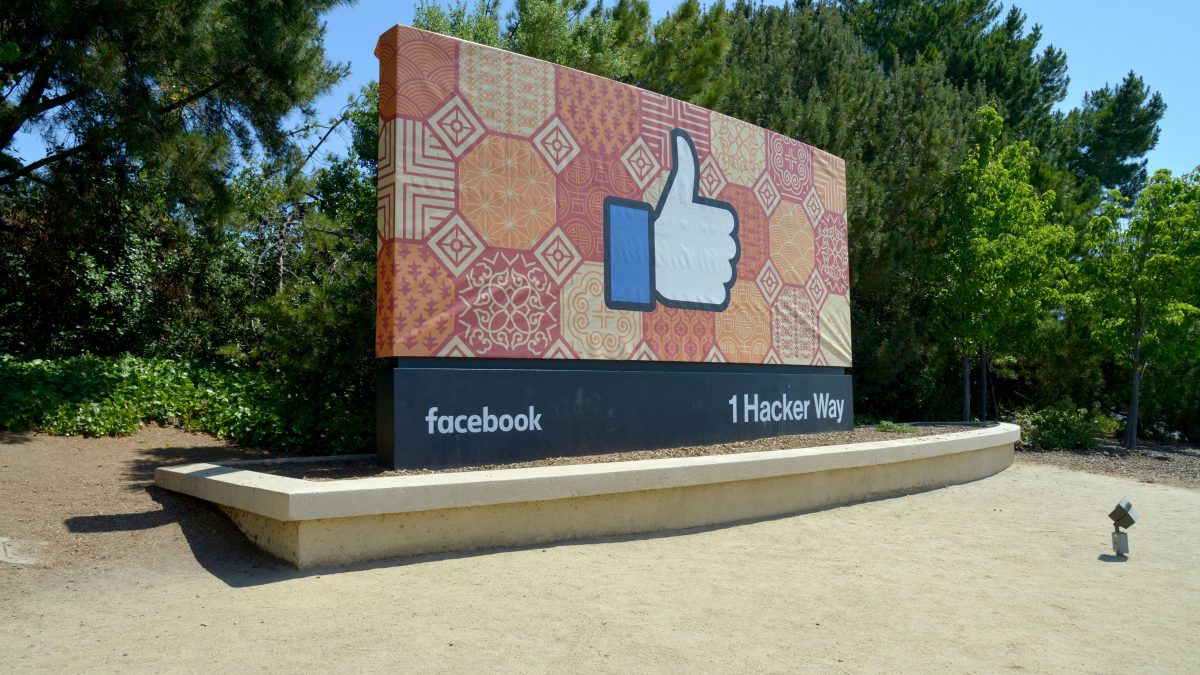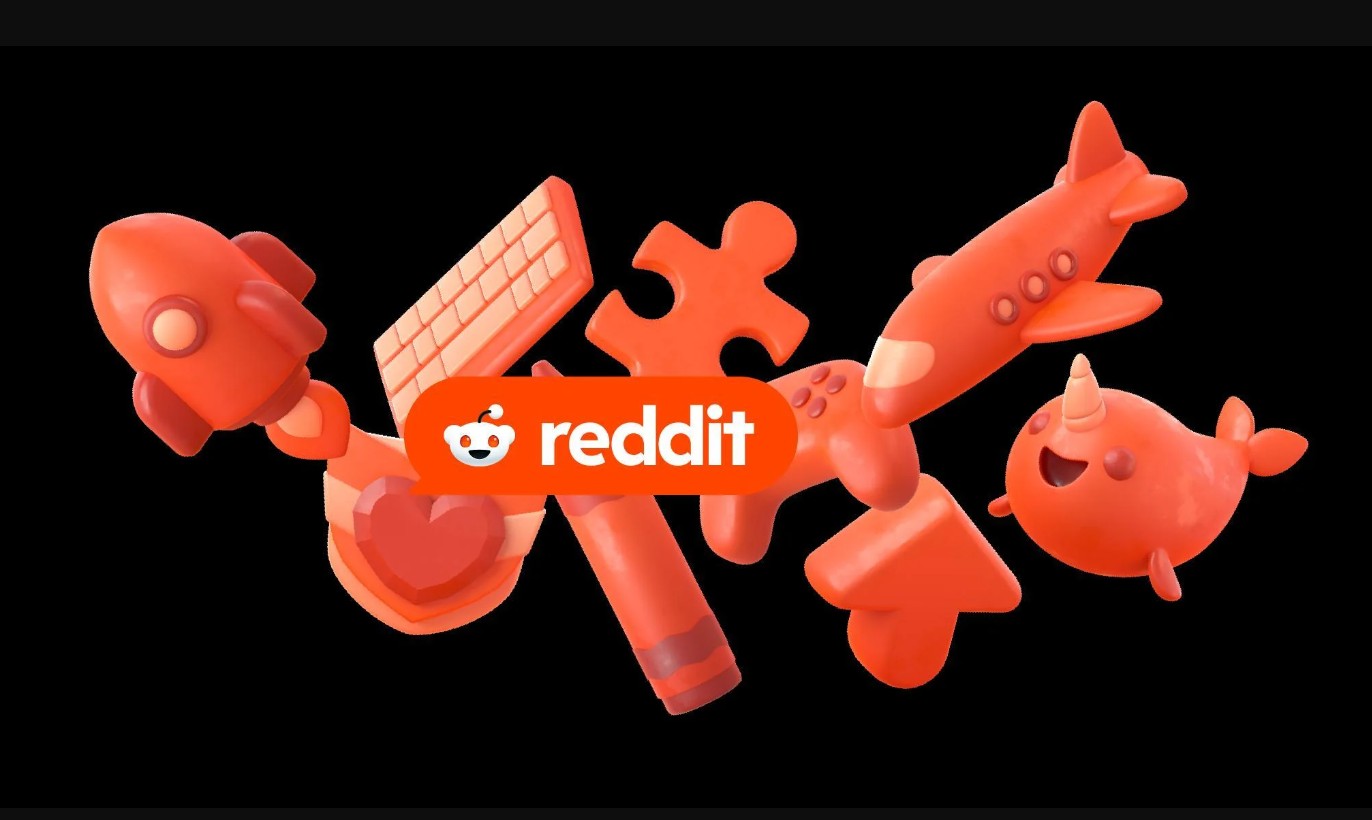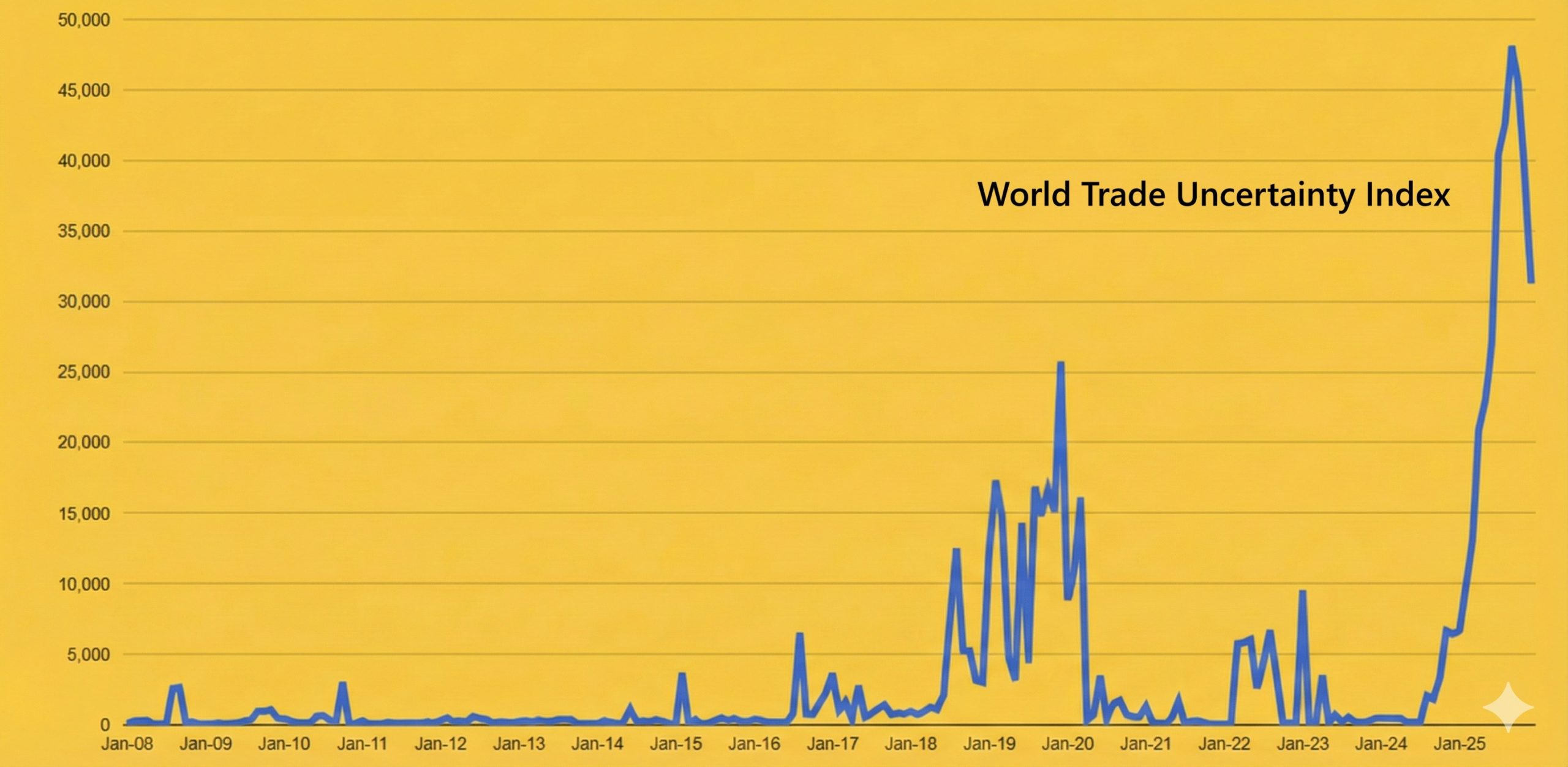Meta is scrapping third-party fact-checking and will recommend more political content across its platforms, including Facebook, Instagram and Threads.
CEO Mark Zuckerberg announced in a video posted to Facebook today that the company will be taking a more ‘personalised approach to political content’ and embrace moderation via crowdsourcing, citing a desire to enable ‘free speech’.
‘We’ve reached a point where it’s just too many mistakes and too much censorship,’ said Zuckerberg. ‘The recent elections also feel like a cultural tipping point towards once again prioritising speech. So we are going to get back to our roots, focus on reducing mistakes, simplifying our policies and restoring free expression on our platforms.’
The announcement comes amid Meta’s efforts to build rapport with the incoming Trump administration in the US. In November, Zuckerberg dined with Trump at Mar-a-Lago. A month later, Meta donated $1 million to Trump’s inaugural fund.
Last week, Joel Kaplan, a former senior adviser to George W Bush, replaced Nick Clegg as the company’s chief global affairs officer. On Monday, Dana White, the head of the Ultimate Fighting Championship and long-time Trump supporter, joined Meta’s board.
In a blog accompanying the video announcement, Kaplan outlined Meta’s move from fact checkers to X-style Community Notes. The transition will be phased in ‘in the US first’, with no confirmation when or if a global rollout is planned.
‘Just like they do on X, Community Notes will require agreement between people with a range of perspectives to help prevent biased ratings,’ Kaplan wrote. He noted that previous moderation policies led to ‘too much non-violating content being flagged or removed,’ eroding users’ trust in the platform’s systems.
He added, ‘People can sign up today (Facebook, Instagram, Threads) for the opportunity to be among the first contributors to this program as it becomes available.’
Community Notes were introduced following Elon Musk’s acquisition of Twitter (which he later rebranded as X) in 2022. The system has since drawn praise, despite many users citing the increase in hate speech and misinformation as reasons for leaving the platform, and ad revenue continuing to decline.
Acknowledging similar risks, Zuckerberg framed these changes as a necessary compromise. ‘The reality is that this is a trade-off,’ he stated. ‘It means we’re going to catch less bad stuff, but we’ll also reduce the number of innocent people’s posts and accounts that we accidentally take down.’
As Meta embraces this shift, some within the media industry are sharply critical of the company’s move. A senior figure in the UK industry, who asked not to be named, described it as ‘cynical and brazen at best, and actually pretty shameful.’
The source continued: ‘We shouldn’t be surprised to be reminded of Zuckerberg’s lack of moral backbone, but here we are. We know what will happen as a direct result of this, and Meta has decided they don’t care.’
Conversely, Eric Seufert, an investor and expert on mobile marketing, posted on X that ‘doctrinaire left-wing ideologues dominate the digital misinformation oversight complex,’ adding that Meta’s shift to community notes is a ‘sensible, neutral policy in favour of open discourse’.
Main image by Greg Bulla on Unsplash



























